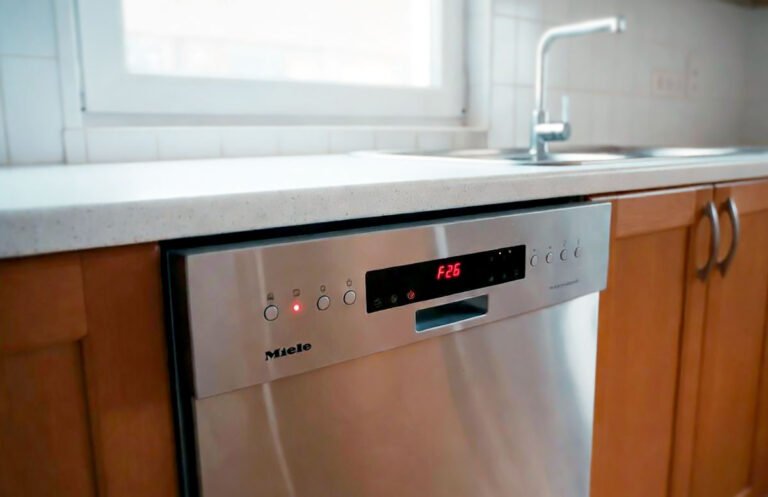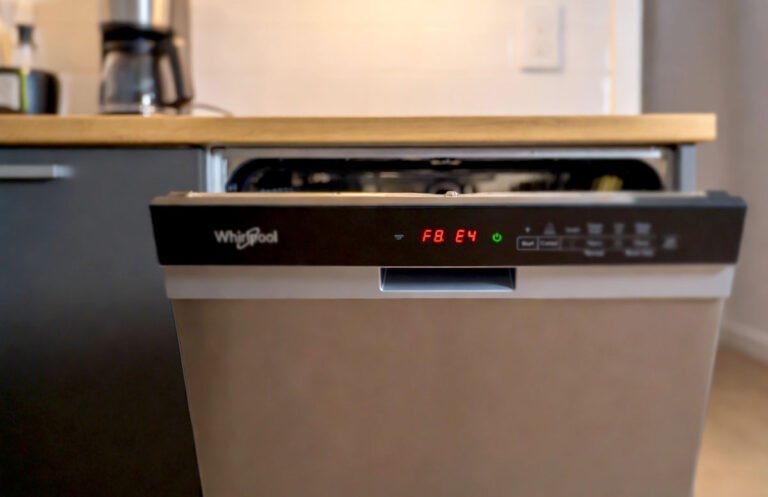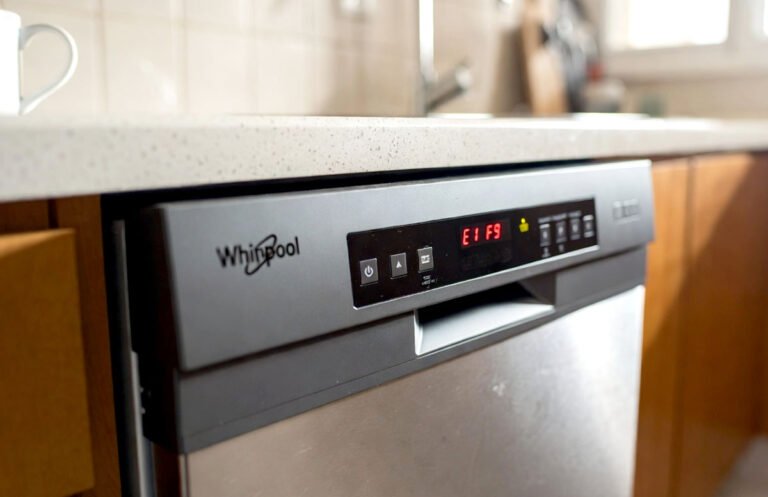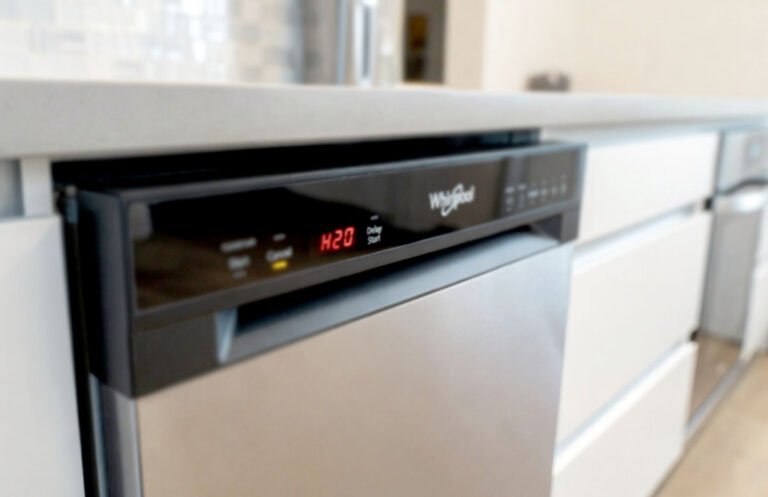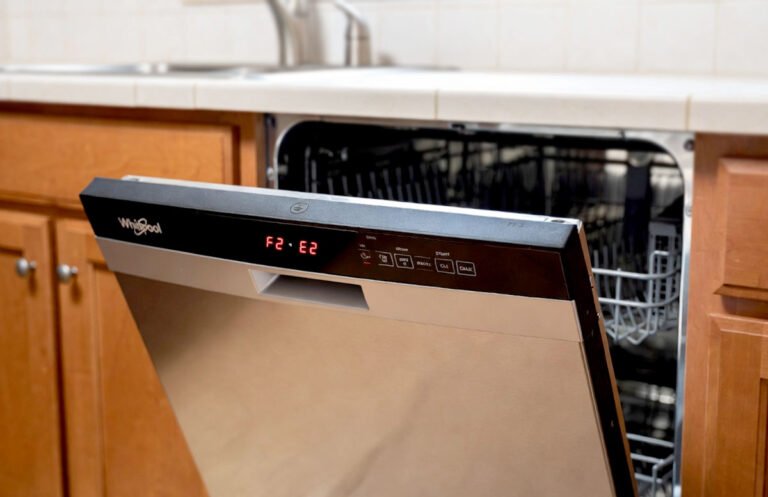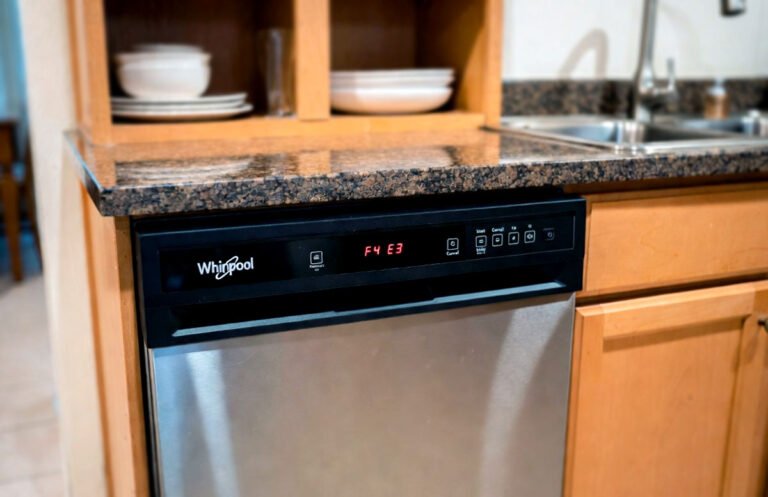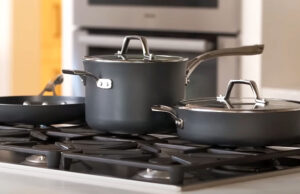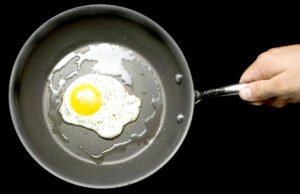As an Amazon Associate, I earn from qualifying purchases at no extra cost to you.
Do Dishwashers Use a Lot of Electricity? Expert Guide
When it comes to running your dishwasher, it’s natural to wonder how much electricity it uses. Is it really eating up your power bill, or is it not as bad as it seems? You might be surprised by the facts. In this article, we will dive deep into the energy use of dishwashers, how it compares to other household appliances, and tips for using your dishwasher more efficiently to save on electricity. Let’s get started!
How Much Energy Does a Dishwasher Actually Use?
Dishwashers are often considered convenient and time-saving, but they do consume electricity. However, the amount of energy used by a dishwasher depends on several factors. From the type of dishwasher you own to the way you use it, these all play a role in how much electricity it consumes.
First, let’s break it down. Most modern dishwashers use around 1.5 to 2 kWh (kilowatt-hours) per load. This is not a huge amount when you consider other household appliances. For comparison, a clothes dryer can use 3 to 4 kWh per load, which is significantly higher. But does this mean your dishwasher is a major energy hog? Not exactly. Dishwashers typically use less energy compared to many other appliances, especially if you use them efficiently.
To get a better understanding of how much electricity your dishwasher uses, you should look at its energy rating. Energy-efficient dishwashers, for example, consume much less power than older models. Many newer dishwashers are designed with energy-saving features, like low-energy wash cycles and eco-friendly settings, which help reduce electricity consumption.
Another factor that influences energy usage is the cycle length. Dishwashers often come with different wash cycle options, such as quick wash, normal, and heavy-duty. Shorter cycles tend to use less electricity, while longer cycles like heavy-duty washes consume more energy. If you want to save electricity, choosing the quick wash cycle or eco mode is your best option.
Also, keep in mind that the dishwasher’s age matters. Older models are less energy-efficient than newer ones, which have made significant improvements in reducing power consumption. If your dishwasher is more than 10 years old, it might be a good idea to consider upgrading to a newer, more energy-efficient model.
How Does a Dishwasher Compare to Other Household Appliances?
Understanding how much electricity your dishwasher uses is important, but how does it compare to other appliances in your home? Let’s take a look at how your dishwasher stacks up against other common household devices in terms of energy consumption.
Refrigerators: A refrigerator runs 24/7, and it can use between 100 to 800 kWh annually, depending on the size and age. A dishwasher, on the other hand, only uses electricity when running a cycle, so in the long run, it might use less energy overall compared to a refrigerator.
Washing Machines: A typical washing machine uses around 0.3 to 2 kWh per load, depending on the settings. If you run a dishwasher with a similar wash cycle length, the energy consumption can be pretty comparable. However, washing machines use energy all year round, while dishwashers are used less frequently, which might help lower overall energy usage.
Air Conditioners and Heaters: These appliances are typically the biggest electricity consumers in the home. Air conditioners, especially during the summer, can use between 1.5 to 2.5 kWh per hour. Dishwashers, however, use much less electricity during their operation, even when running for longer cycles.
Ovens and Microwaves: Ovens use between 1 to 2 kWh per hour depending on the temperature and how long they’re used. A dishwasher, in comparison, uses about the same or less electricity, depending on the settings and load. Microwaves are more energy-efficient, using between 0.6 to 1.2 kWh per hour.
So, although dishwashers do consume electricity, they are not typically one of the highest consumers in your home. They usually rank lower than devices like air conditioners, refrigerators, and heating systems.
Energy Efficiency of Modern Dishwashers
Over the years, dishwashers have come a long way in terms of energy efficiency. Today’s dishwashers are far more efficient than older models, thanks to improvements in design and technology. These new models are designed to wash dishes thoroughly while using less water and electricity.
One key factor in energy efficiency is the Energy Star rating. Dishwashers that have earned the Energy Star label meet strict guidelines for energy efficiency. They use up to 12% less energy and about 30% less water than standard models. If you want to lower your energy usage and save on your electricity bill, it’s a good idea to choose a dishwasher with an Energy Star rating.
Other features that help with energy efficiency include the use of soil sensors, which detect how dirty the dishes are and adjust the wash cycle accordingly. Some dishwashers even have a “delay start” feature, which allows you to run the dishwasher during off-peak electricity hours, saving on costs and helping reduce your household’s overall energy use.
Tips to Save Electricity When Using Your Dishwasher
Now that you know how much energy your dishwasher uses and how it compares to other appliances, let’s talk about how you can use it more efficiently to save on electricity.
Run Full Loads: One of the easiest ways to save energy is to only run the dishwasher when it’s full. Running the dishwasher with a partial load wastes both electricity and water. If you wait until you have a full load of dishes, you’ll be using less energy over time.
Use the Eco Mode: Many dishwashers come with an eco-friendly cycle option. This setting uses less water and energy compared to regular wash cycles. It’s slower, but it’s worth it if you want to save on electricity and water bills.
Avoid Heated Drying: The drying cycle uses a lot of energy. Instead of letting your dishwasher dry the dishes with heat, try air-drying your dishes. You can leave the door slightly ajar to allow the dishes to dry naturally.
Wash During Off-Peak Hours: Some electricity providers charge less during certain hours of the day. If your dishwasher has a delay start feature, use it to run your dishwasher during these off-peak hours. This can help lower your electricity bill.
Maintain Your Dishwasher: Keeping your dishwasher clean and well-maintained helps it run efficiently. Regularly cleaning the filters, checking for any blockages, and ensuring the spray arms are working correctly will ensure that your dishwasher is running at peak efficiency.
Upgrade to an Energy-Efficient Model: If your dishwasher is more than 10 years old, it may be time for an upgrade. Newer, energy-efficient dishwashers use far less energy than older models. Look for a dishwasher with an Energy Star label to get the most energy-efficient model available.
I hope this article helped you understand how much electricity dishwashers use and how you can use them more efficiently to save on energy costs. By using your dishwasher wisely, you can minimize electricity consumption without sacrificing convenience. Remember, small changes like running full loads, choosing the eco mode, and avoiding heated drying can make a big difference over time.
Frequently Asked Questions
Is it more efficient to hand wash dishes or use the dishwasher?
It’s generally more efficient to use a dishwasher, especially if you run it with a full load. Hand washing can use more water and energy, especially if you leave the tap running.
Can I save electricity by using a shorter cycle on my dishwasher?
Yes! Shorter cycles typically use less energy, so if your dishes aren’t too dirty, a quick wash can help reduce electricity consumption.
Do I need to pre-rinse dishes before putting them in the dishwasher?
It’s not necessary to pre-rinse dishes unless they have large food particles. Modern dishwashers can handle most food residue, and rinsing can actually waste water and energy.
Is it better to wash dishes at night to save electricity?
Yes, if you have a time-of-use electricity plan, running your dishwasher at night during off-peak hours can save on electricity costs.
Is it bad to run the dishwasher every day?
Running your dishwasher daily is not harmful, but it’s more energy-efficient to wait until you have a full load of dishes to wash.
Can dishwashers be more energy-efficient than washing by hand?
Yes, modern dishwashers are designed to use less water and energy compared to hand washing, especially if used correctly.
Do I save energy by using a dishwasher instead of hand washing?
Yes, using a dishwasher typically saves energy compared to hand washing, as long as you run full loads and avoid unnecessary cycles.
Is it necessary to use the drying feature on the dishwasher?
No, you can save energy by letting your dishes air-dry instead of using the drying feature, which consumes additional electricity.

